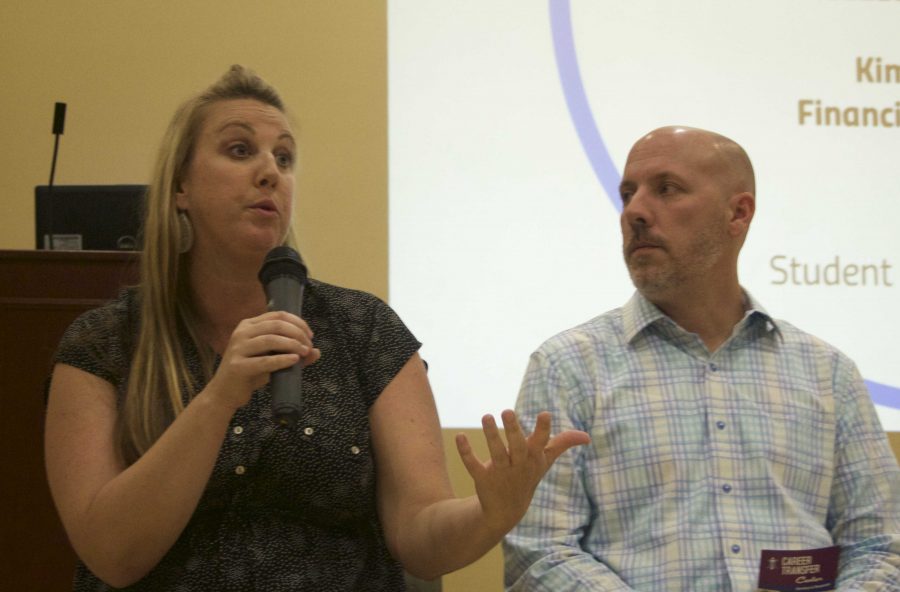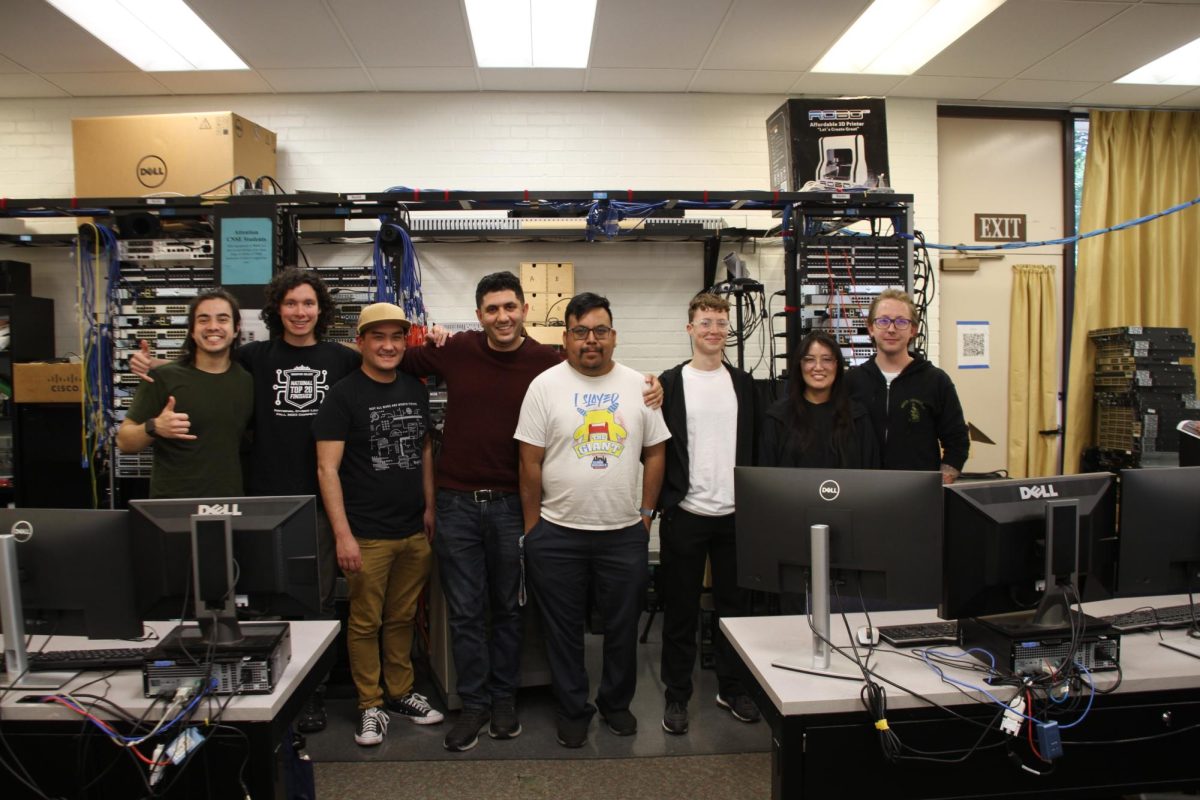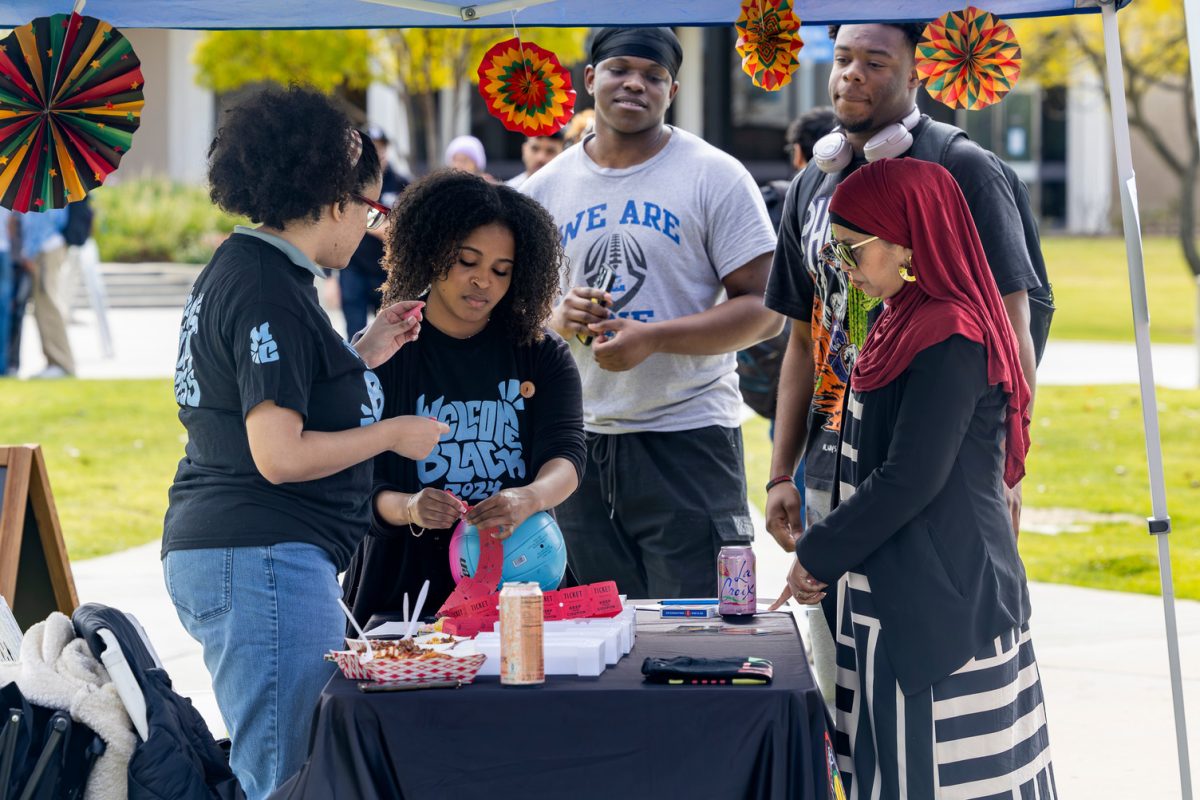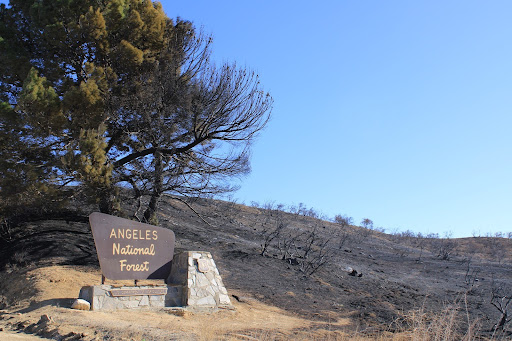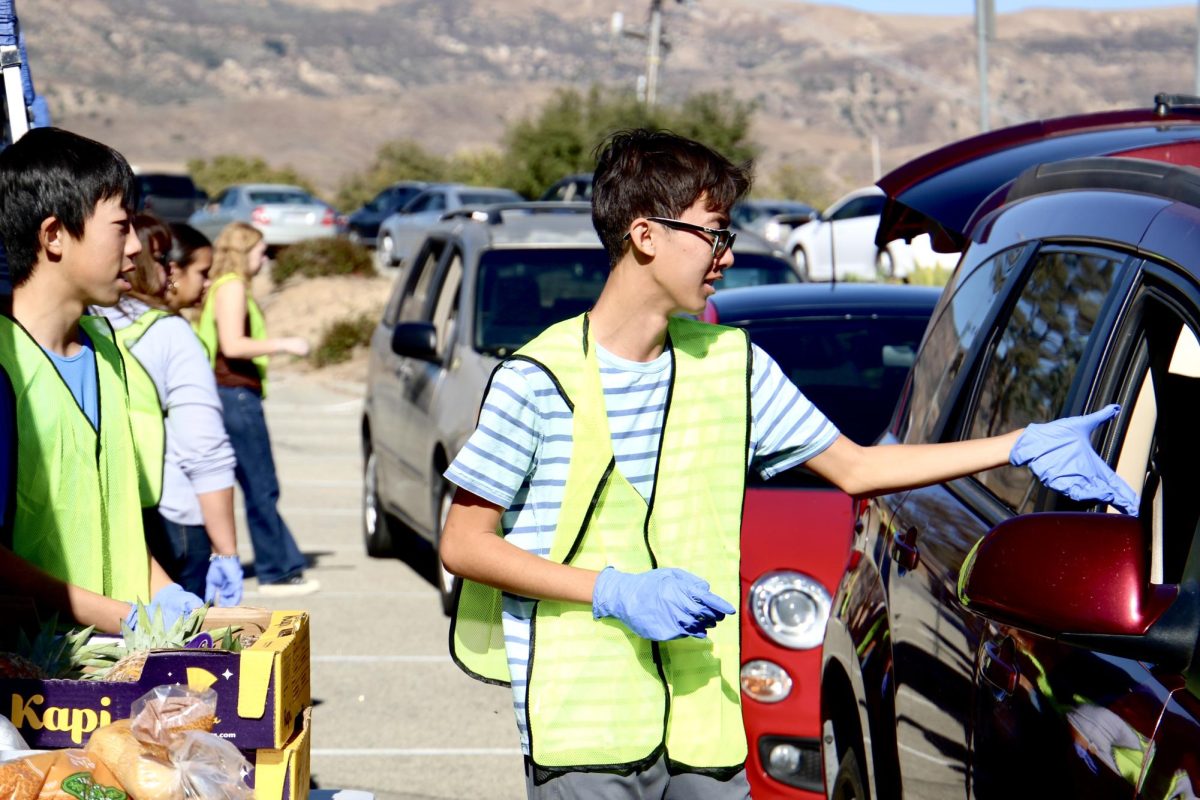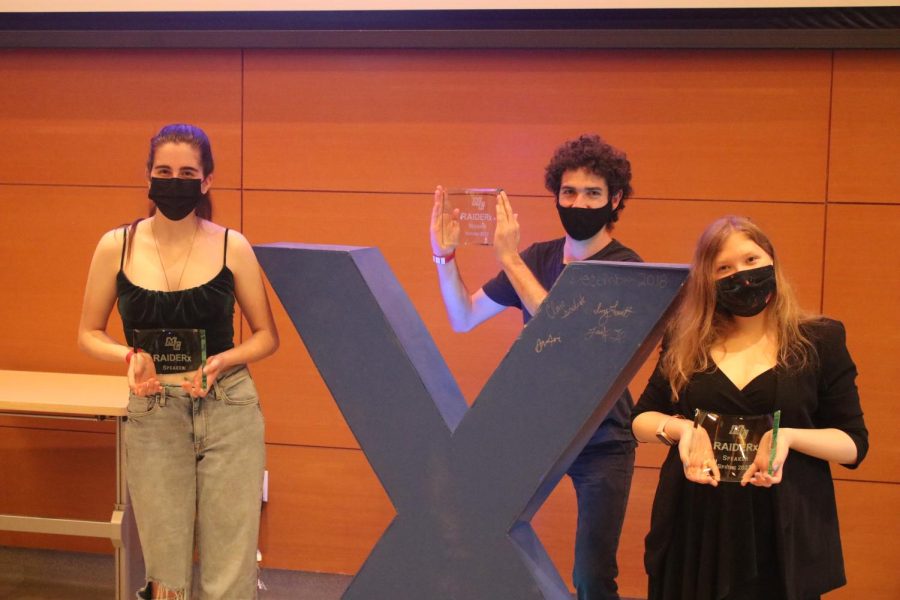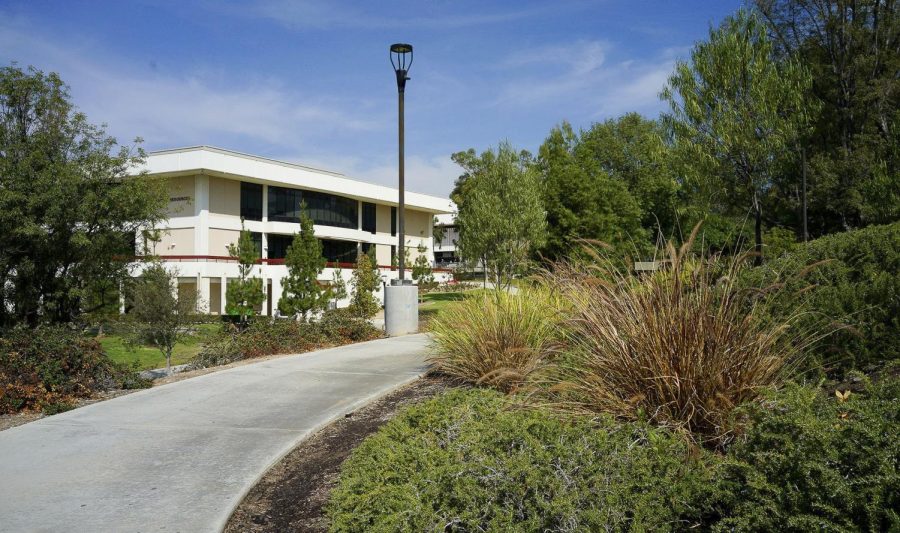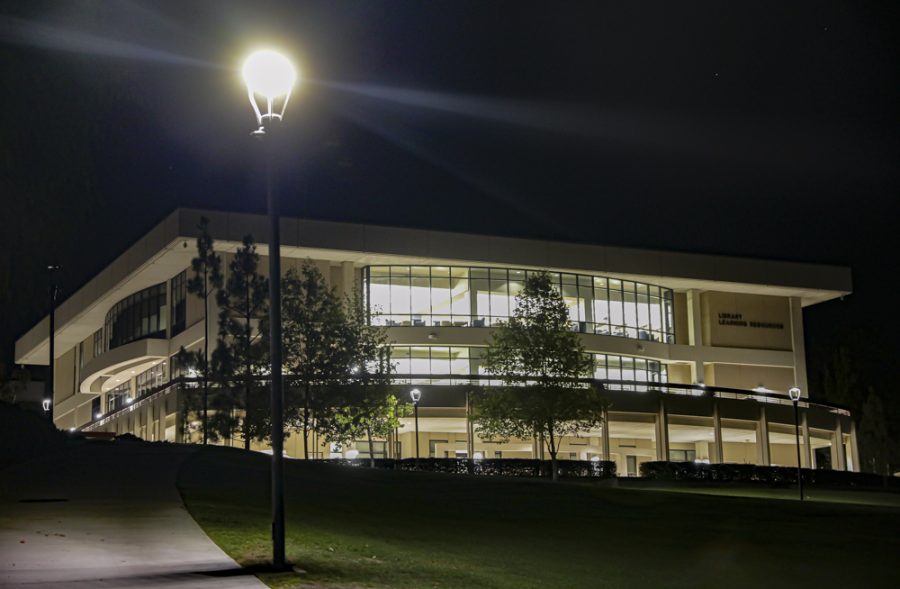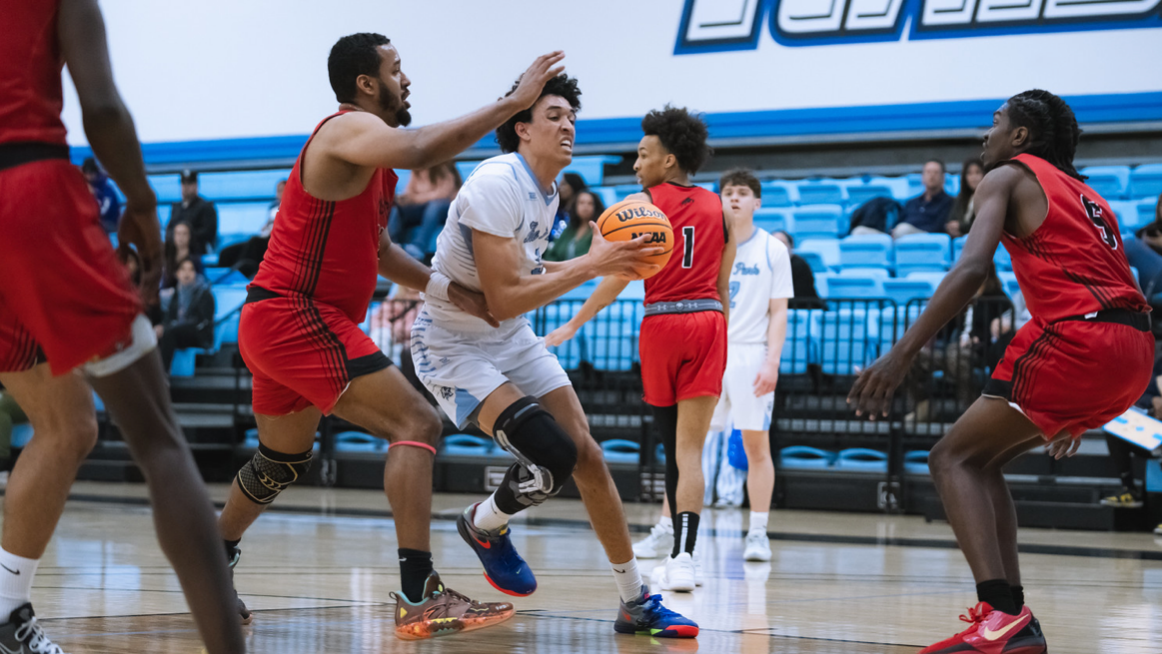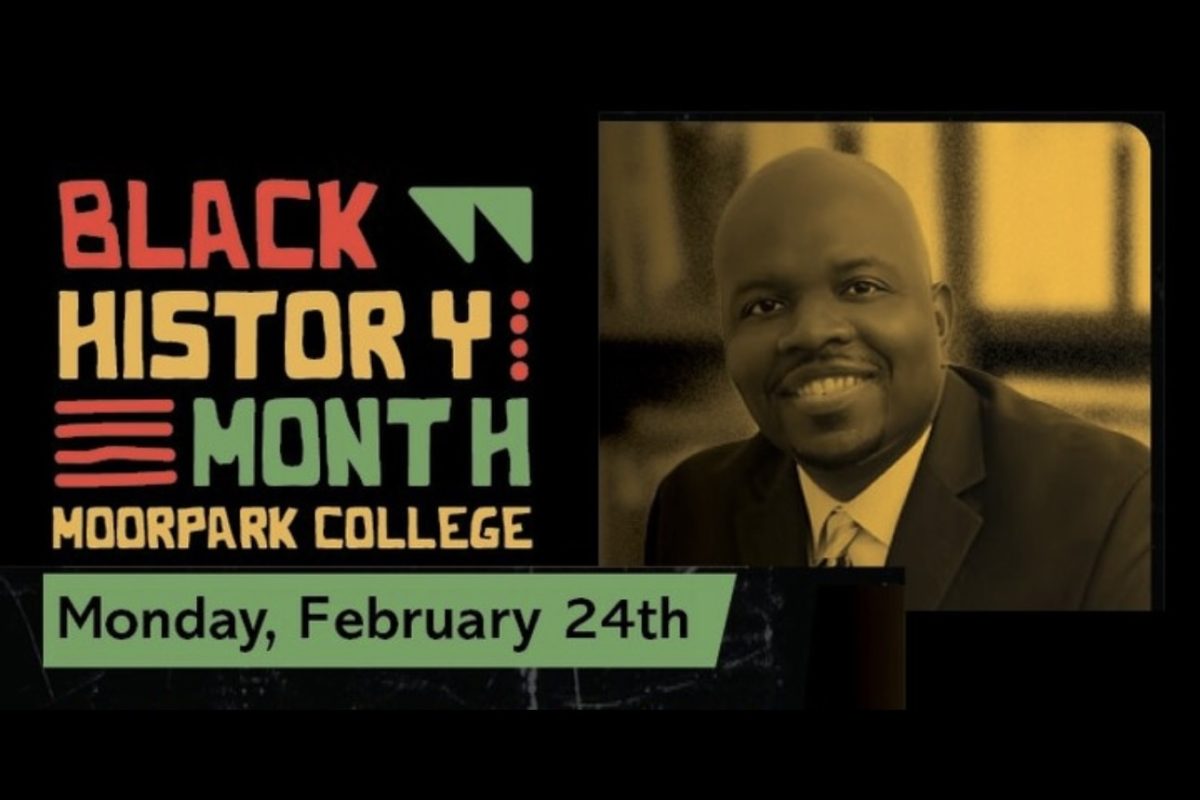Over 100 prospective students and family members attended Moorpark College’s first Parent and Family Night on Wednesday, Oct. 14 in the campus center.
Outreach Specialist Jesus Vega shed light on community college myths, such as them being a place for confused or low-achieving students, and the benefits of attending Moorpark, such as the cost being only about $1500 a year and high transfer rates to four year universities.
“Community colleges lead to four year completion,” Vega said. “California Community Colleges transfer about 60 percent of all CSU [California State University] graduates.”
Joy Craig, whose daughter is considering Moorpark after graduating Royal High School, wanted to learn more about the college.
“We’re trying to plan ahead, trying to find out about the programs all here.” said Craig.
The event was put together with the intention of providing parents and future students with information to make the transition from high school to college as seamless as possible.
Vega urged students to view Moorpark College the same way as four-year universities. He said that in college, students don’t have staff and faculty arrange their classes and schedules, as done in high school.
“You have to be proactive in your education,” Vega said. “Nobody’s going to build that schedule for you. We provide you with that road-map to succeed.”
There was also an open question and answer portion where parents and students asked their questions directly to specialists such as Traci Allen, chair of the counseling department, Donald Munshower, coordinator of the Career Transfer Center, Jolie Bernal, an Accessibility Coordination Center & Educational Support Services counselor and Kim Korinke, a financial aid officer, who answered questions about transferring and programs offered at Moorpark.
Craig said she found the event helpful and was impressed with the number of majors being offered at the college as well as the quality of the faculty.
Vega was also pleased with the turnout and said that it helps to have this direct interaction with the students.
“For being the first I take it was successful,” said Vega. “We had a packed house. [We want] more targeted outreach to the students.”

